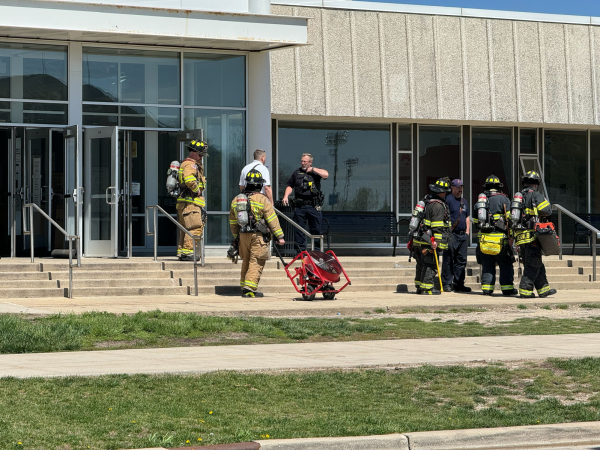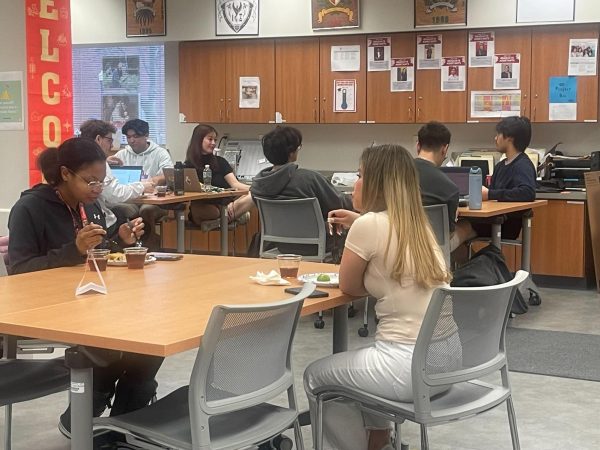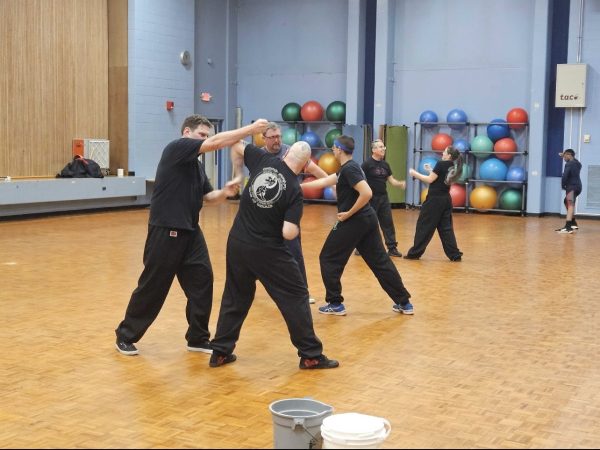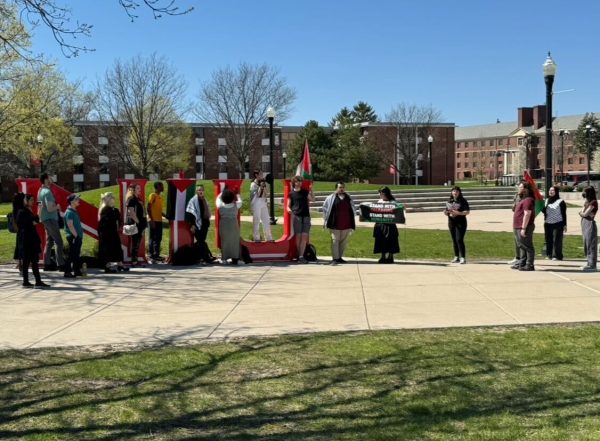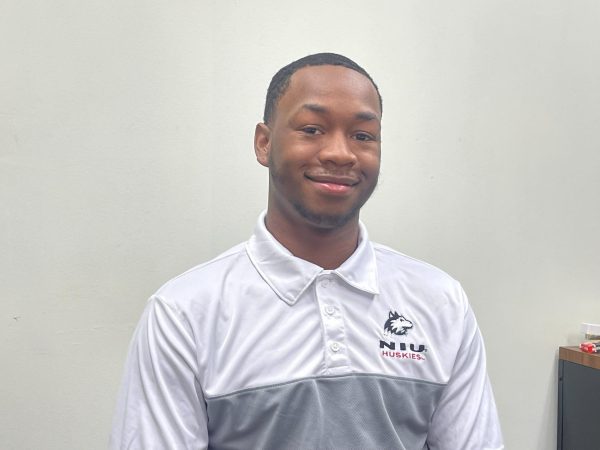NIU Police Chief discusses his book with students
October 23, 2012
NIU Police Chief Donald Grady doesn’t always talk about police work in person–he also does it through fiction.
Grady came to a COMS 220 (Rhetoric and Public Issues) class to talk about his book, The Injustice of Justice, on Tuesday. During his talk, he criticized several approaches to police work and advocated a way police officers and citizens can make their community safer.
Janice Hamlet, associate professor of communications, said she invited Grady to discuss his book with the class because it related to the course, which is about making students more civically engaged and better consumers of public information.
“He really made the book come to life,” Hamlet said.
In his book, Grady writes about a businessman named Alan Pearson, who, following a series of events, starts a quest that leads him to learning more about the legal system and law enforcement than he thought he knew.
Grady said he wrote the book from a first-person perspective because nobody would read it if it was boring. He wanted to write it for the average person on the street rather than for academics, he said. Grady said one of his goals with the book was to walk people through the criminal justice system.
“Everything in the book is factual,” Grady said.
After talking about the book, Grady then talked to the class about different models of policing. He found the police work where officers only respond to incidences flawed. He also found police work that tries to engage the community in superficial ways or solve problems by addressing the symptoms flawed as well.
People’s reliant attitude toward the police was also a problem, Grady said. He promoted instead an integrated approach where police officers and people in the community work together to address and prevent crime.
“We keep designing programs to do things to the population instead of things with and for the population,” Grady said.
Ryan Mishler, senior community leadership and civic engagement major, said he felt Grady laid out a plan that encompasses students as well as police officers.
“I feel that he gave students an opportunity to get involved in their safety and the safety of the campus, as well,” Mishler said.



